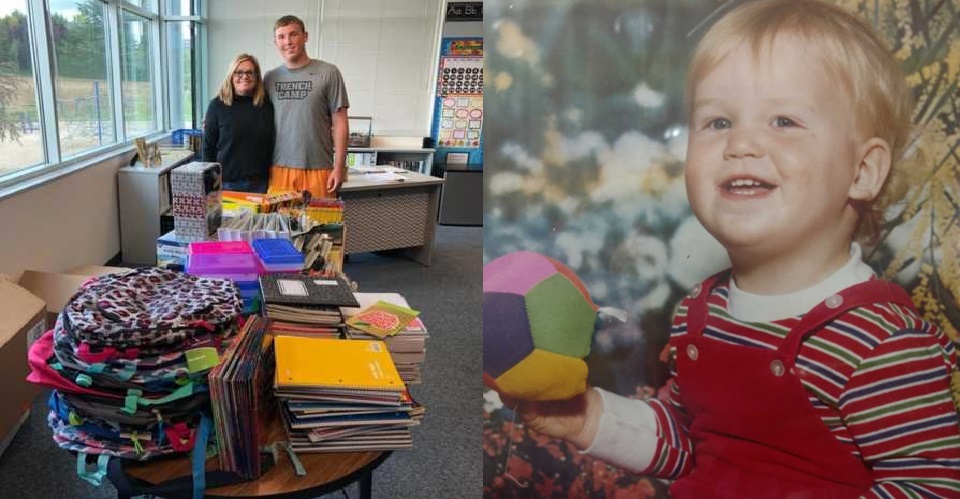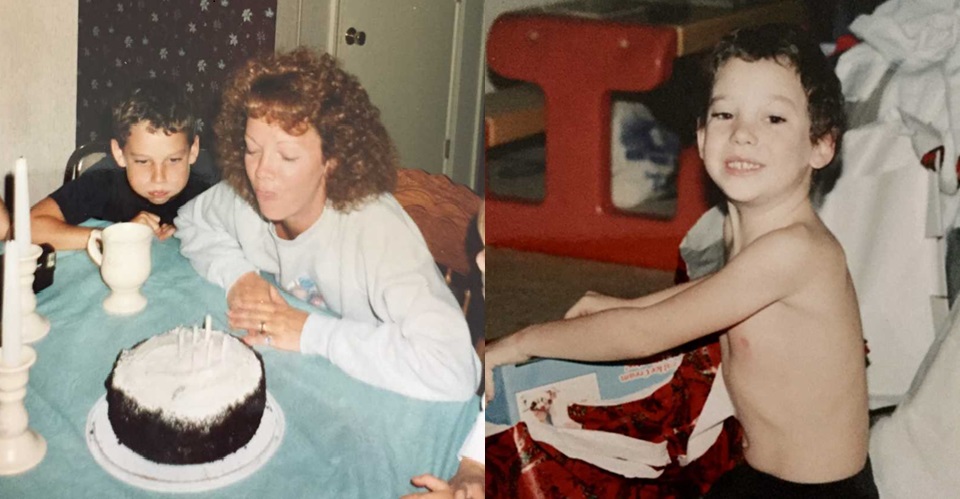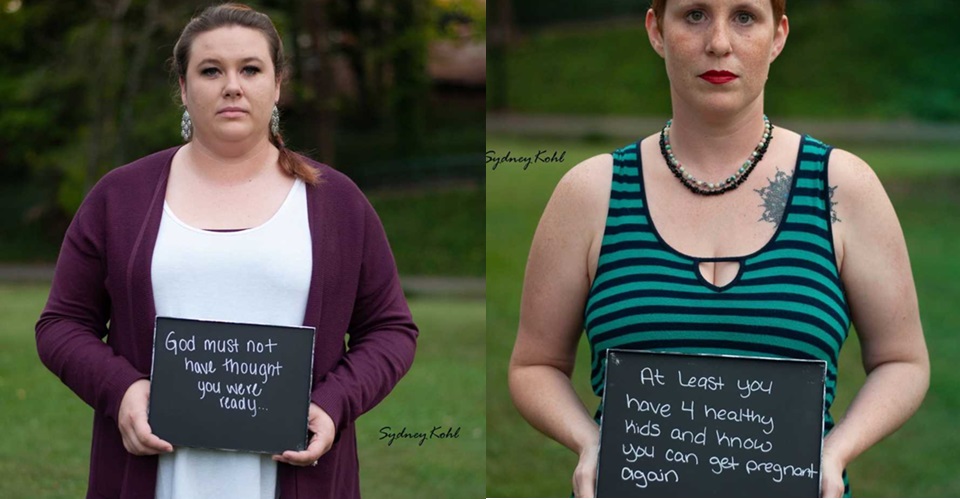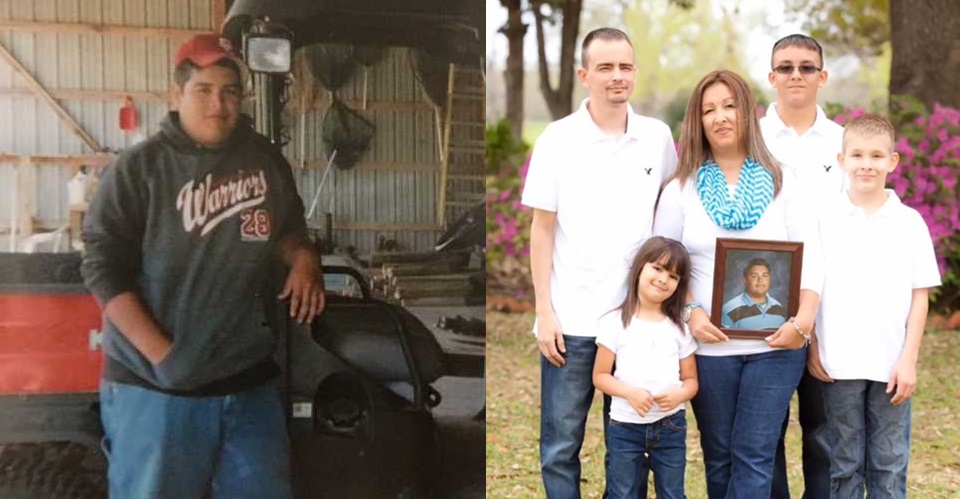Blake Woody was born in Cottage Grove, Oregon, into a world that was already complicated. His biological father was addicted to drugs, his stepdad was violent and controlling, and his home life was unstable from the start. By first grade, Blake was in a special school for troubled kids, a place meant to catch children before life broke them completely. He learned early how to hide bruises, how to explain away pain, but one day a 2×4-shaped mark on his arm gave him away.
He lied and said he’d hurt himself carrying firewood, and his teacher seemed to accept it. That night, a knock on the door changed everything: CPS had come for him, and he was sent to a temporary foster home, unaware that this was the beginning of a journey that would stretch across states and years.
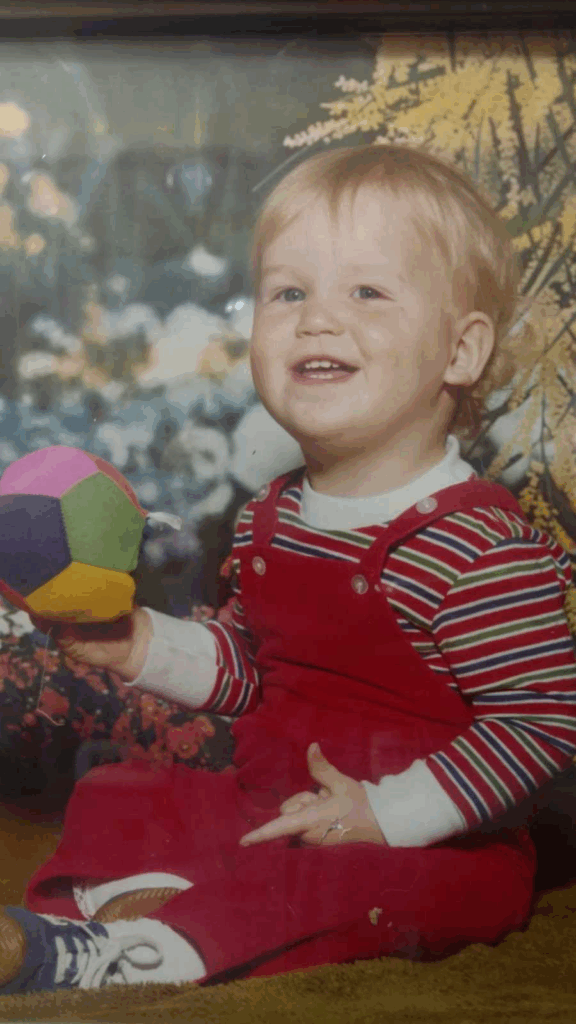
After a brief return home, Blake’s life became a carousel of abuse and displacement. His stepdad’s punishments grew harsher, often withholding food as a weapon, leaving young Blake staring at empty plates and dreaming of escape. Hospital stays punctuated holidays, a surreal mix of care and chaos. Eventually, he was sent to live with his grandfather in California, a man who became a rare constant in his turbulent life, teaching him lessons about love, patience, and what it meant to be a man. But even with family, Blake was a difficult kid, bouncing from school to school, struggling to channel anger and confusion.
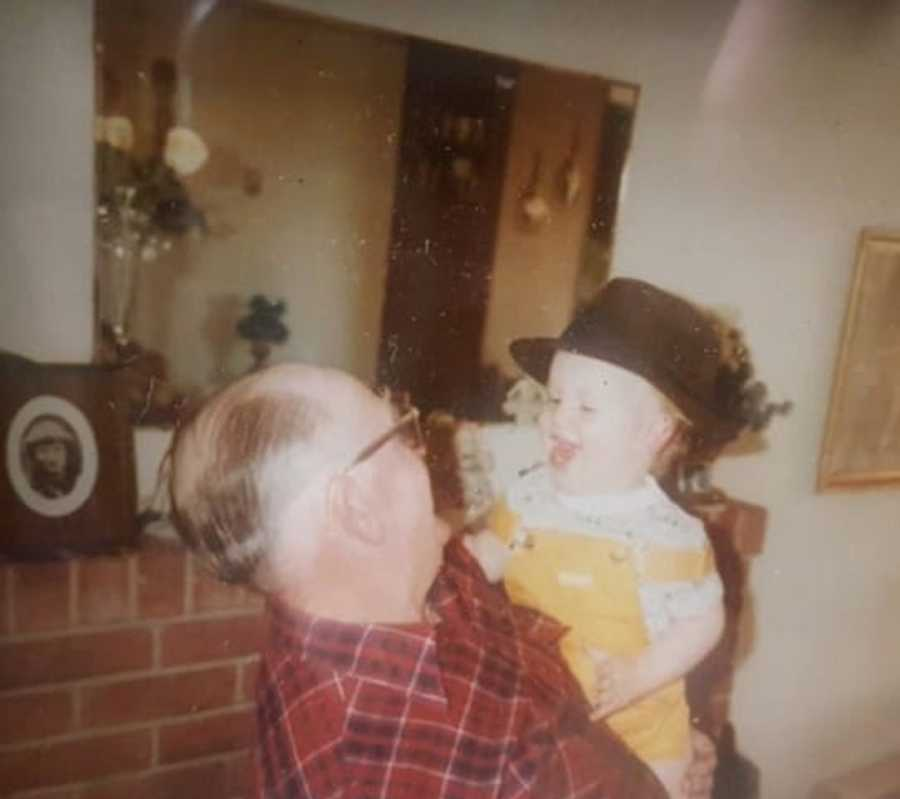
At age nine, the state took over entirely, and Blake entered foster care for good. The system was unforgiving; he cycled through more than 40 homes, group homes, and juvenile institutions. By thirteen, he was in Sacramento Children’s Home, a place with little supervision and plenty of street-savvy peers. Survival became instinct, and Blake learned to fight for basic necessities, to shield himself from the violence and neglect surrounding him. Trust was a luxury he couldn’t afford.
By sixteen, Blake’s life took a dangerous turn. Homeless, couch-surfing, and desperate, he turned to his biological father, recently released from prison. A man who should have been a protector became a dealer of meth, injecting Blake on a bathroom toilet as a misguided rite of passage. The spiral of drugs, crime, and instability was relentless. Legal troubles, near-prison sentences, and repeated failures punctuated his late teens. Job Corps became a lifeline, offering structure, education, and a chance to see an alternative to chaos, even as Blake struggled with his own vices.
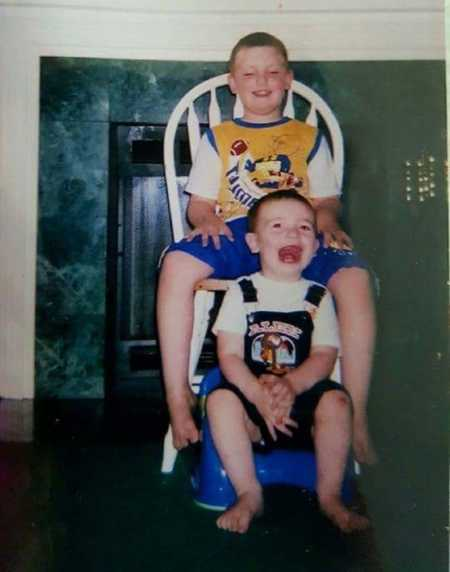
Fatherhood was the turning point. When Blake’s first son, Elijah, was born, the weight of the past pressed heavily on him. He could not allow his child to endure the same instability, the same fear and neglect. He quit drugs, found steady work, and committed to being the father he never had. Life didn’t suddenly become easy. His marriage eventually ended, leaving him as a single parent to his young sons, navigating heartbreak while protecting them from the chaos that had defined his own childhood. Blake poured himself into his boys, coaching their sports teams, volunteering in the community, and teaching them lessons about resilience, integrity, and generosity. Once bullied for his size and dental issues, Elijah grew into a confident young man, earning scholarships and building a reputation for kindness and community service. His younger brother, Izaiah, followed suit, both learning from a father who had survived more than most could imagine and chose to channel that history into love, not anger.
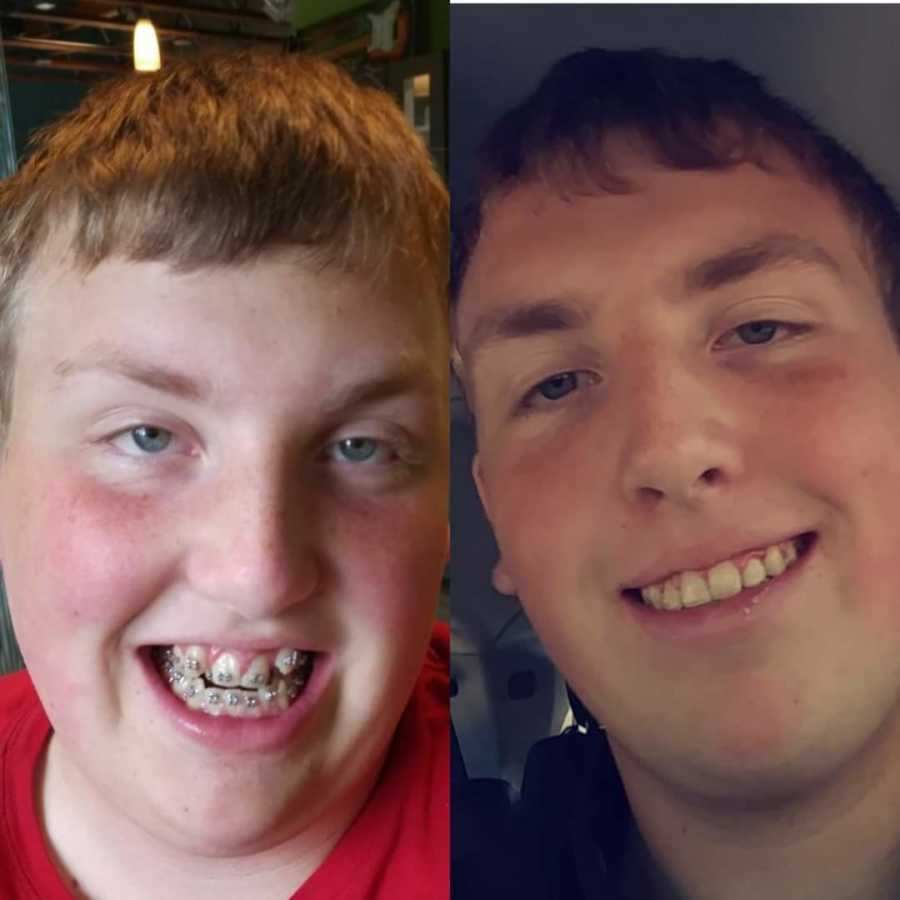
Through it all, Blake’s story shows the harsh reality of foster care and child abuse, the pain of a childhood filled with instability, and the transformative power of choice. Despite a past marked by neglect, violence, and poor decisions, he built a life centered on family, compassion, and opportunity. He lives paycheck to paycheck, but he invests in what matters most, his sons, their future, and the lessons of resilience he hopes to pass on.
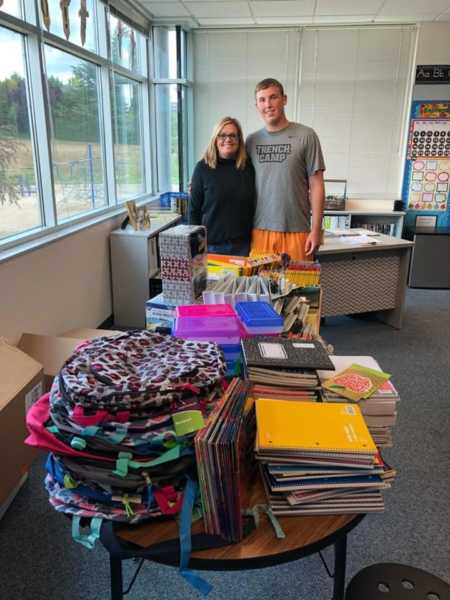
Blake’s journey is a testament to the fact that foster care can break a child or, with the proper guidance and love, forge a survivor, a father, and a man who chooses hope every day. He proves that even after decades of abuse, loss, and systemic failure, it is possible to create a home full of love, safety, and opportunity, and to transform a legacy of pain into a story of hope.
